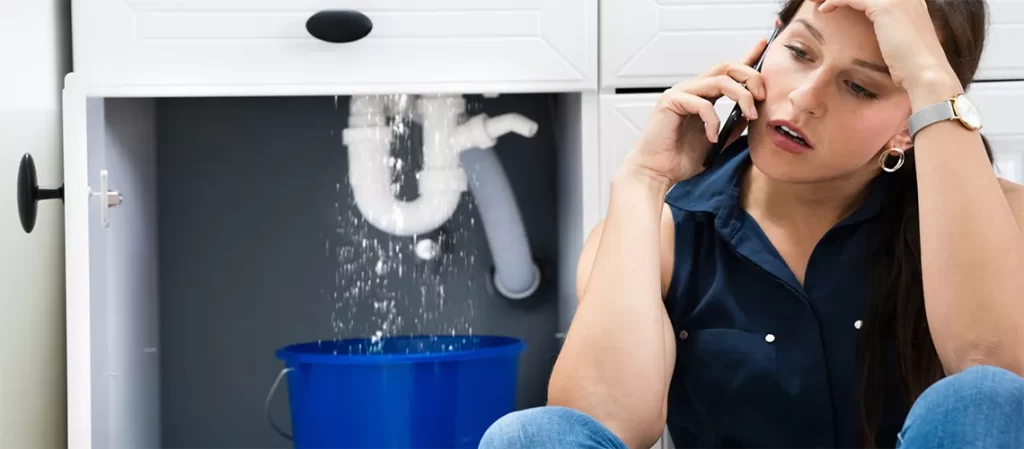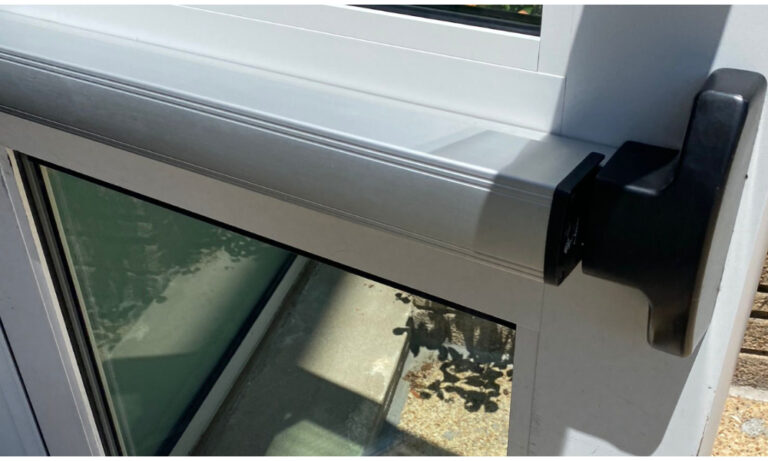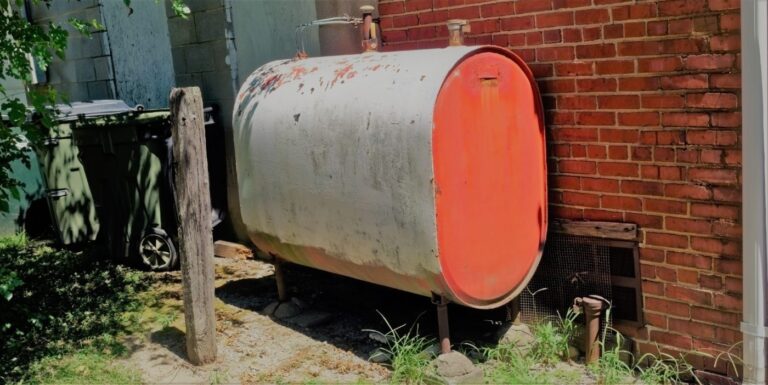
Plumbing emergencies are a homeowner’s worst nightmare. The sudden burst pipe, overflowing toilet, or leaking water heater can wreak havoc on your property and leave you feeling helpless. But fear not!
With the right knowledge and preparedness, you can tackle plumbing emergencies effectively. In this article, we’ll provide you with valuable insights on how to deal with plumbing emergencies, drawing from the expertise of plumbers in Newark, CA.
1. Stay Calm and Turn Off the Water
The first rule when facing a plumbing emergency is to stay calm. Panic can lead to poor decision-making. The moment you notice a plumbing issue, immediately locate your home’s main water shut-off valve. This valve is typically located near the water meter or where the water line enters your home. Turning it off will stop the flow of water, preventing further damage.
2. Assess the Situation
According to plumbers, once you’ve shut off the water, assess the situation to determine the severity of the problem. Identify the source of the issue, whether it’s a burst pipe, a clogged drain, or a malfunctioning appliance. Understanding the problem will help you decide on the next steps and whether you need professional assistance.
3. Reach Out to a Plumber
In many plumbing emergencies, it’s best to consult a professional plumber in Newark, CA. Plumbers have the expertise and tools to address complex issues. If you’re unsure about how to proceed or if the situation is beyond your capabilities, do not hesitate to call a plumber. Timely intervention can save you from costly repairs later on.
4. Turn Off Electricity
Some plumbing emergencies, like water leakage near electrical outlets or appliances, pose an electrical hazard. In such cases, switch off the electricity supply to the affected area to avoid potential accidents. Safety should always be a top priority when dealing with plumbing emergencies.
5. Contain the Damage
While waiting for the plumber to arrive, take steps to minimize the damage. Use towels, buckets, or containers to collect excess water. Place a bucket under a leaking ceiling or pipe to prevent further spreading of water. Quick action can prevent extensive damage to your home and belongings.
6. Unclog Drains and Toilets
Clogged drains and toilets are common plumbing emergencies. If you’re dealing with a clog, attempt to clear it with a plunger. Plunging can often dislodge the blockage and restore proper drainage. If the problem persists, avoid using chemical drain cleaners, as they can damage your pipes. Instead, seek professional assistance.
7. Fix Minor Leaks
If you identify a minor leak, such as a dripping faucet or a small pipe leak, you may attempt to fix it temporarily. Use plumber’s tape or a pipe clamp to seal the leak until the plumber arrives. However, keep in mind that these are temporary solutions, and a professional repair is essential for a lasting fix.
8. Preventive Measures
To minimize the risk of future plumbing emergencies, consider implementing preventive measures. Regularly inspect and maintain your plumbing system. Replace old and corroded pipes and fixtures proactively. Install water leak detectors and pressure-reducing valves to safeguard your home against potential issues.
Conclusion
Plumbing emergencies can be stressful, but they don’t have to become disasters. By staying calm, taking immediate action, and seeking professional help when needed, you can effectively deal with plumbing emergencies in Newark, CA, or anywhere else. Remember, safety should always be your top priority, and a skilled plumber is your best ally in resolving complex plumbing problems.





